Employment Equity in South Africa
In South Africa, the commitment to Employment Equity isn’t just a legal obligation but also a strategic imperative. Companies that embrace diversity have been proven to outperform their competitors by up to 35%.
In this blog, we’ll delve into the core aspects of Employment Equity regulations in South Africa, shedding light on what they mean for both employers and employees.
Understanding Employment Equity in South Africa
In South Africa, Employment Equity refers to the proactive efforts taken in workplaces to rectify historical injustices. The cornerstone of this initiative is the Employment Equity Act (EEA), which was introduced in 1998 and came into effect in 1999. The primary objective of the EEA is to ensure fairness and equality in the labour market by eradicating unfair discrimination through affirmative action measures. This applies to all designated employers and their employees, with a specific focus on individuals from designated groups: Africans, Coloureds, Indians, women of all races, and those with disabilities.
Combatting Unfair Treatment in the Workplace
To illustrate the practical implications of the EEA, consider this scenario: If two employees hold identical roles, one Black and the other White, the law mandates that they receive equal pay for equal work. Likewise, men and women should enjoy the same medical benefits, and if a woman performs a role equivalent to that of a man, she must receive equal pay. The legislation also stipulates that individuals should not be denied a job interview solely due to a disability. These regulations are pivotal in fostering a more just and equitable society where everyone has equal opportunities and treatment.
The New Employment Equity Act: A Game Changer
The Employment Equity Act Amendment Bill, approved by Parliament on May 17, 2022, heralds’ significant changes scheduled to come into effect from September 1, 2023. These amendments revolutionize the way employers must work towards building a more equitable workforce.
A major shift is the introduction of specific targets for different economic sectors and regions.
Employers in these sectors must now meet defined transformation objectives, a departure from the previous practice where employers could set their own targets. As per the amended Act, employers must align their numerical goals with the sectoral targets established by the Minister, and compliance is mandatory. The Act also refines the definition of designated employers, with small businesses under 50 employees being exempt, regardless of their annual turnover. However, larger employers must continue to implement a five-year employment equity plan in line with sectoral targets.
Additionally, companies seeking government contracts must obtain a certificate from the Department of Employment and Labour, confirming adherence to the Act’s objectives and national minimum wage regulations. The Department has also pledged to bolster enforcement by increasing the number of inspectors responsible for ensuring compliance.
What if I don’t comply?
Failure to meet Employment Equity responsibilities as a designated employer can have serious consequences.
For a first-time offense, an employer will face a penalty equal to the higher of R1.5 million or 2% of the employer’s annual turnover. If the employer has previously violated this provision, the penalty increases to the greater of R1.8 million or 4% of the employer’s annual turnover. The fines escalate based on the frequency of the violation, with repeat offenders now subject to a maximum penalty of R2.7 million or 10% of their annual turnover, whichever amount is greater.
The bottom line
Employment Equity is a complex and critical subject, requiring employers to reevaluate their operations and address historical disparities. Although progress has been slow, the Employment Equity Act represents a vital step towards building a more inclusive and equitable workforce. If you’re grappling with any aspect of Employment Equity or lack the time to navigate it effectively, our team at BEE123 is here to guide you through the process and ensure full compliance with all necessary requirements.
By embracing Employment Equity, companies in South Africa not only meet their legal obligations but also unlock the potential for greater success through diversity and fairness in the workplace.




